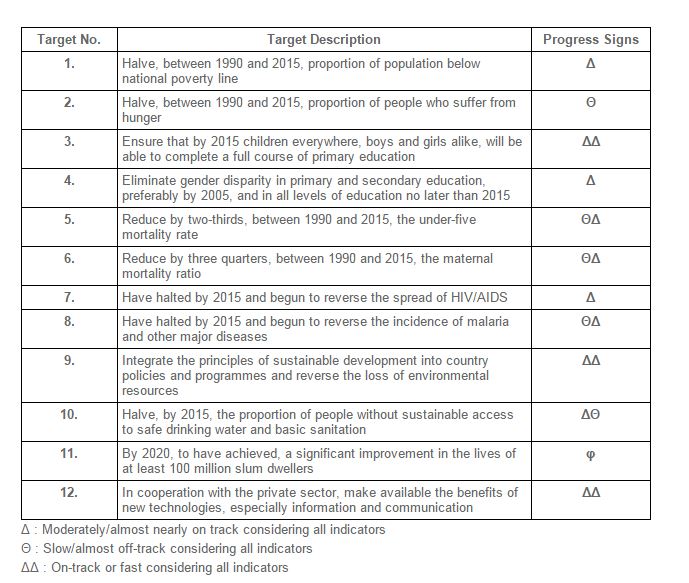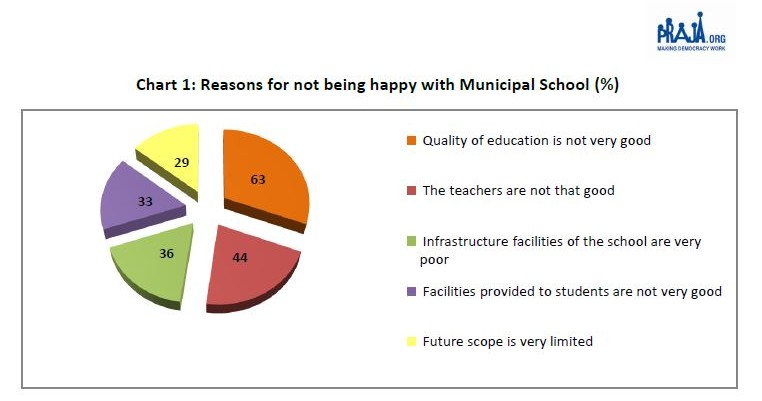Blog
Lend a hand to Municipal Education in Mumbai
The Constitution (Eighty-sixth Amendment) Act, 2002 inserted Article 21-A in the Constitution of India to provide free and compulsory education of all children in the age group of six to fourteen years as a Fundamental Right in such a manner as the State may, by law, determine. The Right of Children to Free and Compulsory Education (RTE) Act, 2009, which represents the consequential legislation envisaged under Article 21-A, means that every child has a right to full time elementary education of satisfactory and equitable quality in a formal school which satisfies certain essential norms and standards. Article 21-A and the RTE Act came into effect on 1 April 2010. The two central ideas highlighted in the RTE are ‘free’ and ‘compulsory’ education for all the children.
It’s a good time to evaluate the law and how well is it implemented. The act came into being as a means to incorporate one of the Millennium Development Goals (MDG) of ‘Achieving Universal Primary Education’. The following chart shows India’s progress on all the MDG. It specifically represents that India is progressing well and on-track with regard to the Primary Education goal.
However a recent report published by Praja Foundation reveals data that questions the contribution of the government in the progress. In the last five years (2009-10 to 2013-14), 51,649 children have dropped out of Municipal Schools, and in the corresponding five years the Municipal Budget allocation to the Education department has more than doubled from Rs.1,255 crores to Rs.2,534 crores. In 2009-10, 67,477 children enrolled in Class I in Municipal schools, whereas in 2013-14 this dropped to 39,663. RTE obligates the Central and the State government to fulfill these needs and yet the reports project a dismal picture. The government has ensured that it provides all the incentives for students to come to the schools but the quality of education has been long neglected.
The path to progress is not the responsibility of one man or just the government. Awareness about these issues should lead us to contribute in our own small ways to improve the education condition. At Mumbai Smiles we run various projects like Girl Child Education program, Balwadi and Future Smiles that aim at supporting the education of young children, adolescent girls and secondary students through scholarships, pre-schools and educational materials. However these figures can’t be changed by the efforts of one man or a single organization but by a collective mindful effort of each one of us. If we spare two hours in the week to promote any government school around us to help attain the goal of universal education, the number will be turned towards growth. As citizens to a democratic country, we all are a part of the government and together we need to work towards eliminating the problem.








